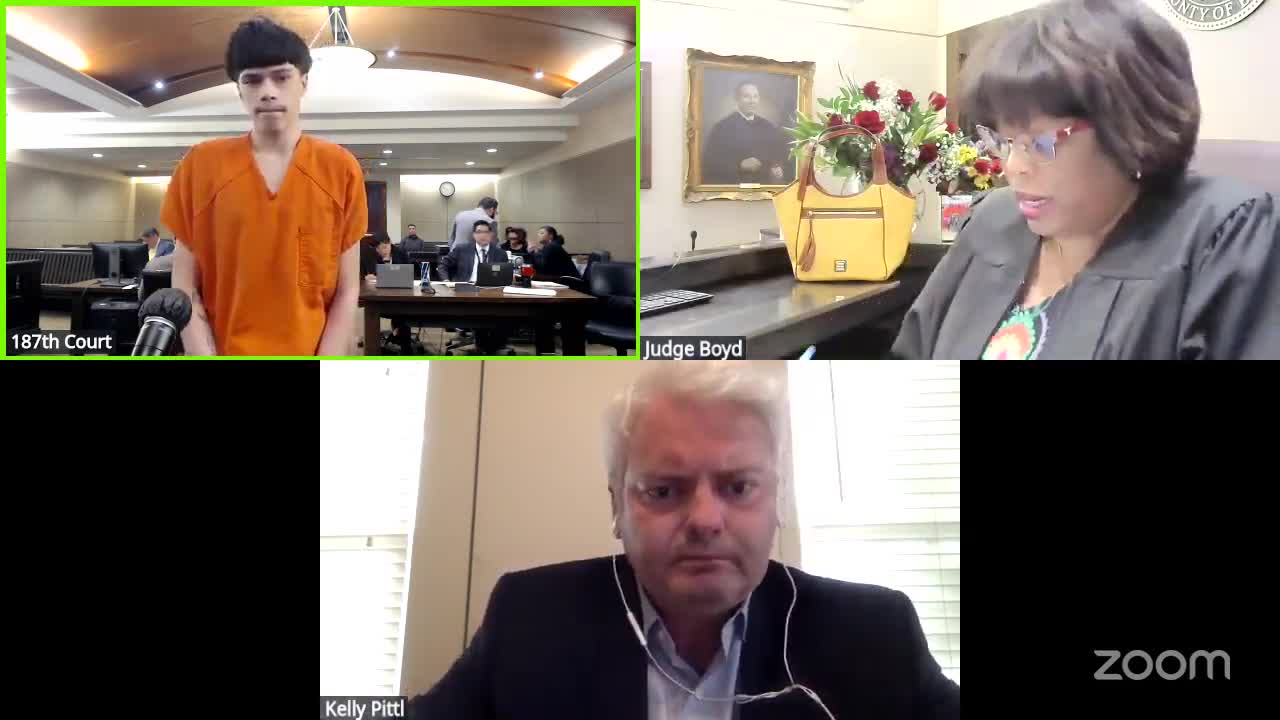Article not found
This article is no longer available. But don't worry—we've gathered other articles that discuss the same topic.
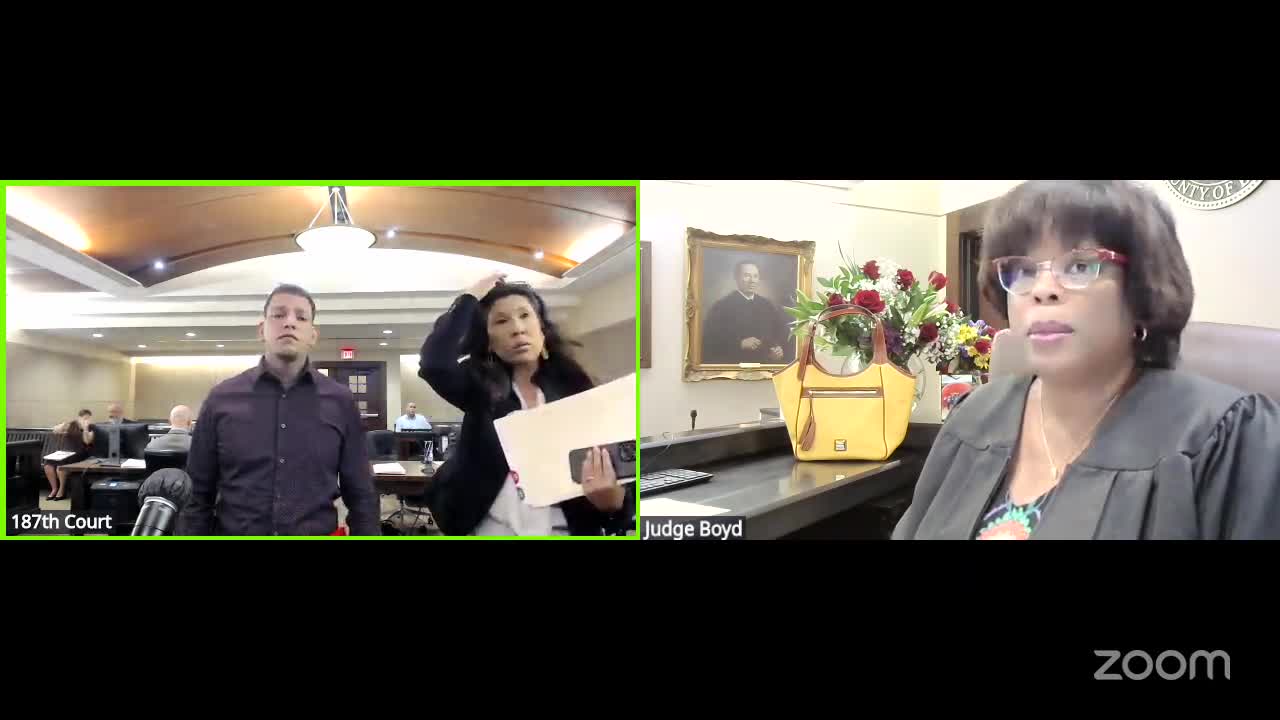
Judge declines to lift no-contact order for Emmanuel Gonzalez without complainant present
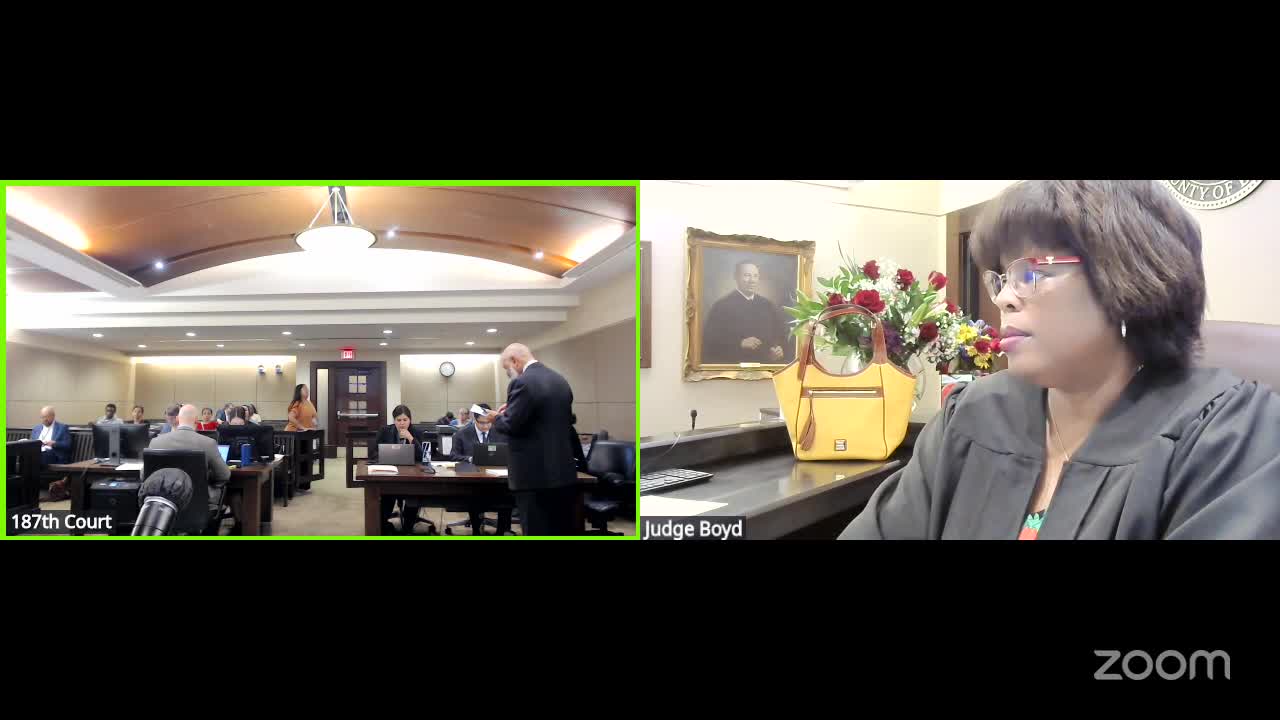
Defendant pleads to lesser offense; court schedules PSI and TAP evaluation before deferred-adjudication decision
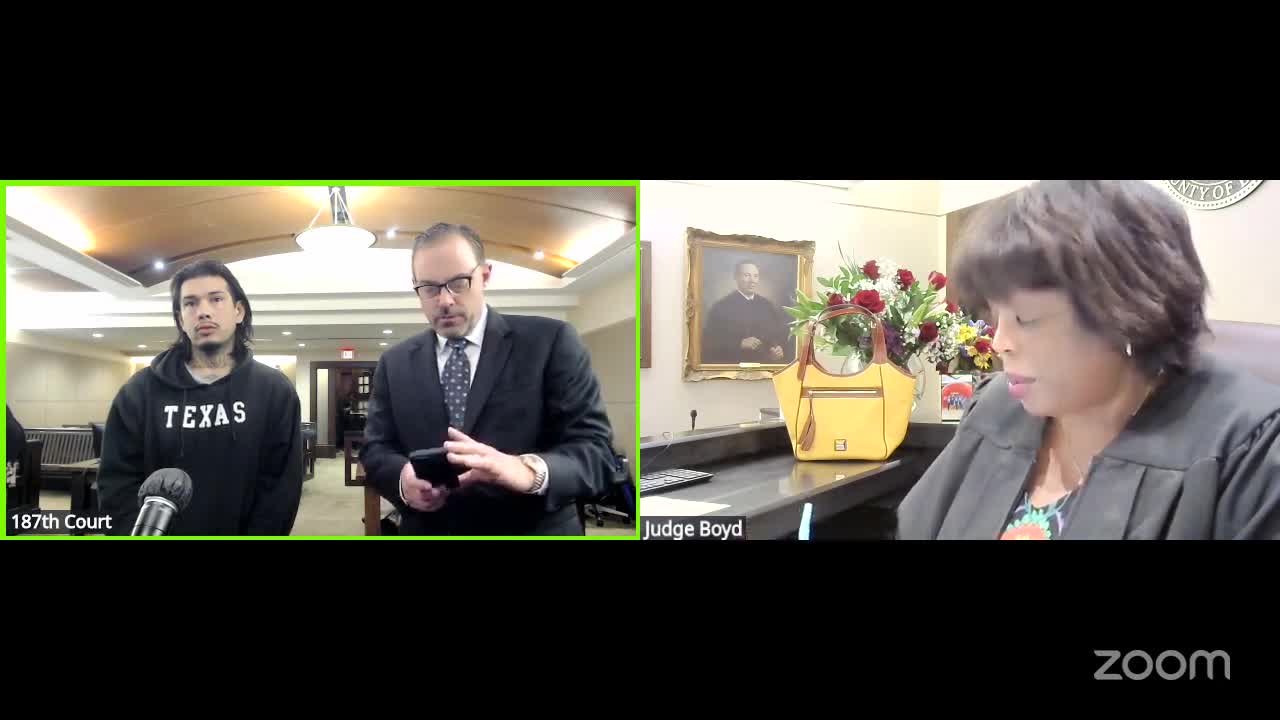
Defendant pleads no-contest in theft case; court imposes one-year state jail term
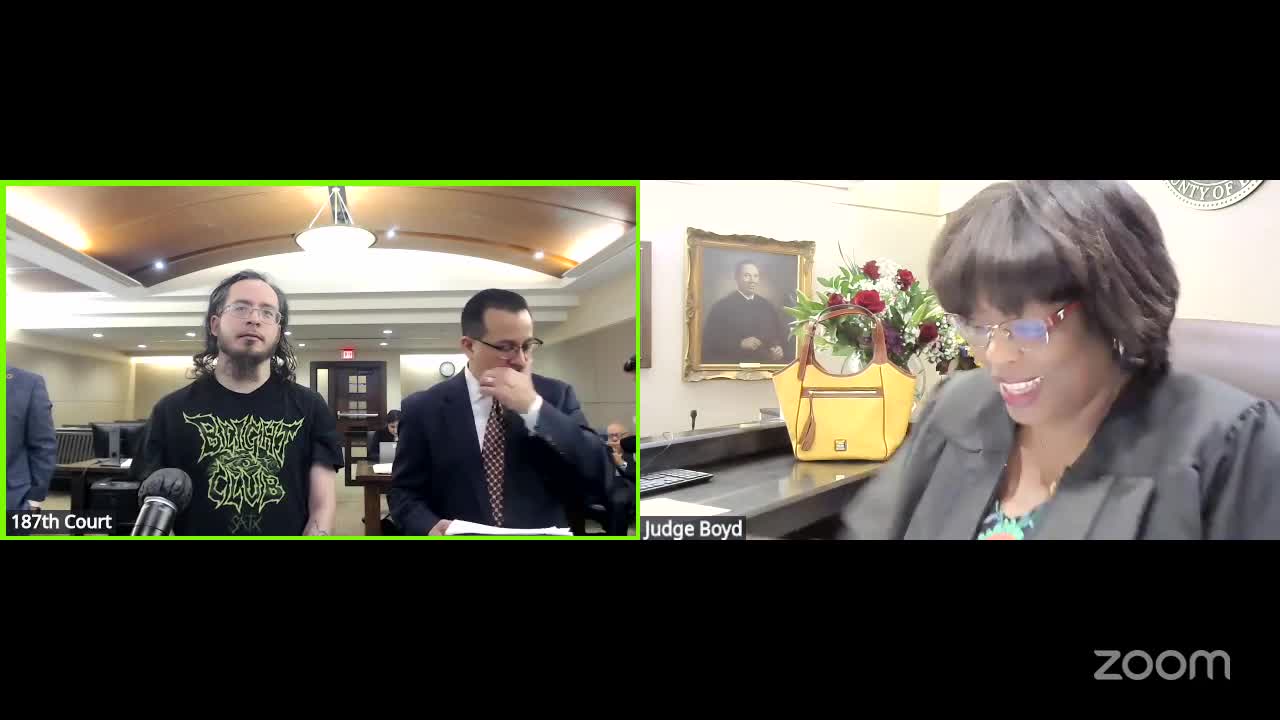
Man pleads guilty to online solicitation charge; judge sentences him to two years
